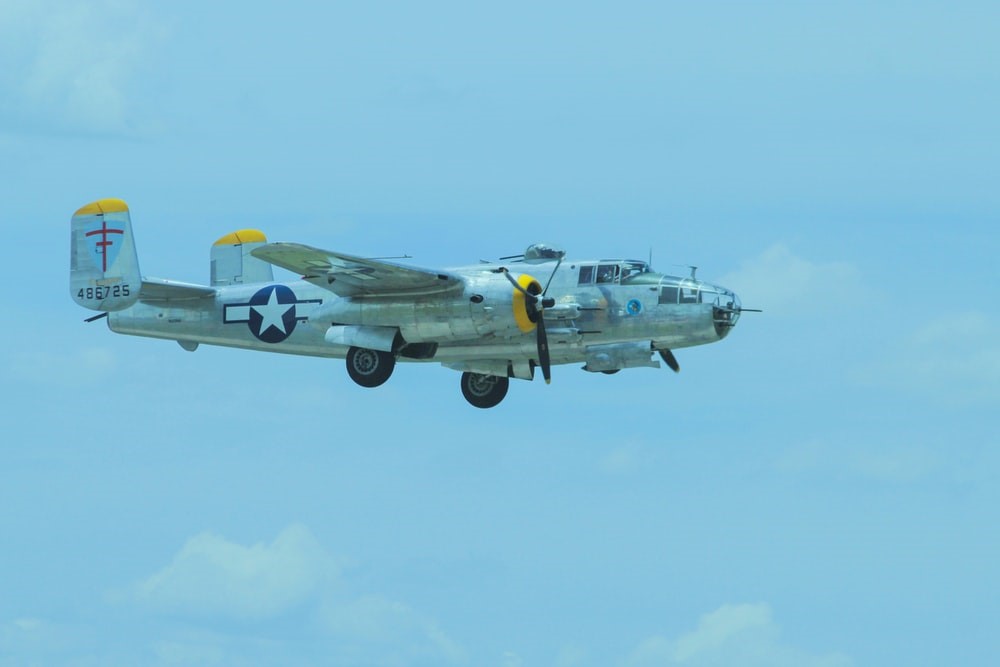If you have haven’t heard this story, it’s nearly unbelievable.
How could a poor immigrant boy from Torrance, California make it all the way to the Olympics, shake Hitler’s hand, and then go on to survive multiple plane crashes, being lost at sea for months, and more than two years of torture in POW camps?
When I walked into Bayside Church in 2012, I had no idea who this 90-year-old man with cowboy boots was on the stage, being interviewed by our pastor.
But his story—and unmatched energy—quickly captured my attention.
I now count Louis Zamperini as a role model and someone who I want to pattern my life after.
The BIG IDEA—His story is a profound lesson in compassion, resilience, and fierce leadership. If you are currently facing personal, family, or organizational leadership challenges during the pandemic, his story will inspire you to dig deeper and find your strength.
Zamperini is the subject of a New York Times bestselling book and Blockbuster movie.
Path to the Olympics
Louis Silvie Zamperini was born January 26th, 1917 in Olean, New York.
His parents move their family to Torrance, California when he was two years old.
As a child of Italian immigrant parents who spoke no English, Zamperini was a target for bullies. He quickly took to fighting, smoking, and drinking—and was known by the local police.
In an effort to put Louis on a better path, his older brother got him involved in running—and his speed was immediately obvious.
“I gave up everything—I wouldn’t even have a milkshake,” Louis said.
At the age of 17, he set an interscholastic record for a 4 minute, 21.2 second mile. And in 1936, he decided to try out for the Olympics.
In those days, athletes had to pay their own way to the Olympics, but his reputation as a hometown hero quickly caused people to rally behind him and raise the money.
On a brutally hot New York day where more than 40 people reportedly died of heat stroke—Zamperini tied another runner and qualified for the Olympics in Berlin.
He remains the youngest American 5,000 meter qualifier.
When he arrived in Germany, Louis was offered more food than he had ever seen in his life, and gained a lot of weight.
Although he paid a penalty for his excessive weight gain, and finished 8th in his Olympic debut, his last lap of 56 seconds was enough to gain the attention of Adolf Hitler, who requested a personal meeting and handshake from Louis.
In a strange twist of fate—just 4 years later—Zamperini would go on to enlist in the Army Air Corps and fight against the very man whose hand he was shaking.
War time
In 1941, Louis earned a commission as a second lieutenant and was assigned as a bombardier to a B-24 Liberator bomber on the tiny Pacific Island of Funafuti.
He miraculously survived several air battles, one of which resulted in more than 500 bullet and shell-fragment holes in their plane. On the trip home, Louis rendered aid to five of his injured crew members.
The plane barely made it back, and the journey was so amazing that Zamperini appeared in the New York Times.
On May 27th, 1943, Louis’ crew left Hawaii on a search and rescue mission.
But their new plane—The Green Hornet—suffered mechanical difficulties and crashed into the Pacific, killing 8 of the 11 men aboard.
The plane went down 850 miles south of Oahu.
The suffering Louis endured after this point is almost unimaginable.
The three men were at sea for 47 days in a small rubber raft with minimal food and no water. They survived off sea birds and fish and endured the brutal sun, several storms, and the constant bumping of sharks through the night that disrupted what little sleep they had.
One day they observed a passing plane and signaled for help—only to realize it was a Japanese fighter—which actually shot at their puny raft multiple times causing the men to jump overboard into the shark infested waters.
On Day 33, one of the three men died of starvation.
One day Louis remembers pleading, “God if you will just get me through this, I will devote the rest of my life to serving you.”
But things got worse…
After surviving a terrible plane crash and almost two months at sea with very little food or water, Zamperini had the terrible luck of washing ashore in the Japanese-occupied Marshall Islands, where they were immediately taken prisoner.
He would spend the next two and a half years enduring torture and starvation in POW camps.
Louis even drew the unfortunate attention of the notorious and sadistic Mutsuhiro “The Bird” Watanabe—one of the most wanted war criminals in Japan.
He would not be released until the end of the war in August 1945.
Legacy
When Louis returned home, he was celebrated as a war hero, but he was not the same person he was just 3 years before.
He had been changed—forever.
Despite getting married to a wonderful woman, he suffered severe PTSD with extreme nightmares—and drank heavily to shut out the horrific images in his mind.
His wife took him to a Billy Graham crusade where Louis remembered the promise he had made to God when lost at sea.
He went on to be mentored by Billy Graham, and Zamperini devoted the rest of his life to helping at-risk youth. He had two children and was married for 54 years.
He even returned several times to Japan to forgive his tormenters—only The Bird refused to see him. Forgiveness would become a core message of Louis’ life.
In 1998, at the age of 80, Louis ran a leg of the Olympic Torch relay in Nagano, Japan—not far from the POW camps where he had been held more than 50 years earlier.
Louis died in 2014, at the age of 97.
In 2010, Time Magazine named Unbroken as the top nonfiction book of 2010. I highly recommend it.
Turn information into action: Lessons from Louis
- Keep taking action. No matter what, Louis kept looking for small wins every day. From being stuck on a life raft for months at sea, to the POW camps for two years—he never stopped looking for small daily tasks to keep himself focused on influencing his environment.
- Never give up hope. Louis credits his faith with getting him through the darkest points along his journey.
- Keep helping others. Even when his plane was shot full of holes, he tended to 5 wounded crew members when his plane barely remained airborne. In the POW camps, they reported that Louis would keep hope alive by talking about his families Italian recipes.
- Devote your life to a purpose greater than yourself. Ultimately, Louis needed something more than regaining his freedom when he returned from captivity. He found peace in a purpose large than himself.
- Forgiveness. It’s been said that not forgiving others is like swallowing poison, but expecting the other person to die. Louis knew that he had to forgive his captors in order to move forward in his life.
Have a great weekend!
Parker
*If this email was forwarded to you, you can receive these emails directly by signing up at www.leadyoufirst.com or emailing Parker to be added to his distribution list.
Suggested Resources
- Unbroken—By Laura Hillenbrand
- Unbroken Movie (2014)




